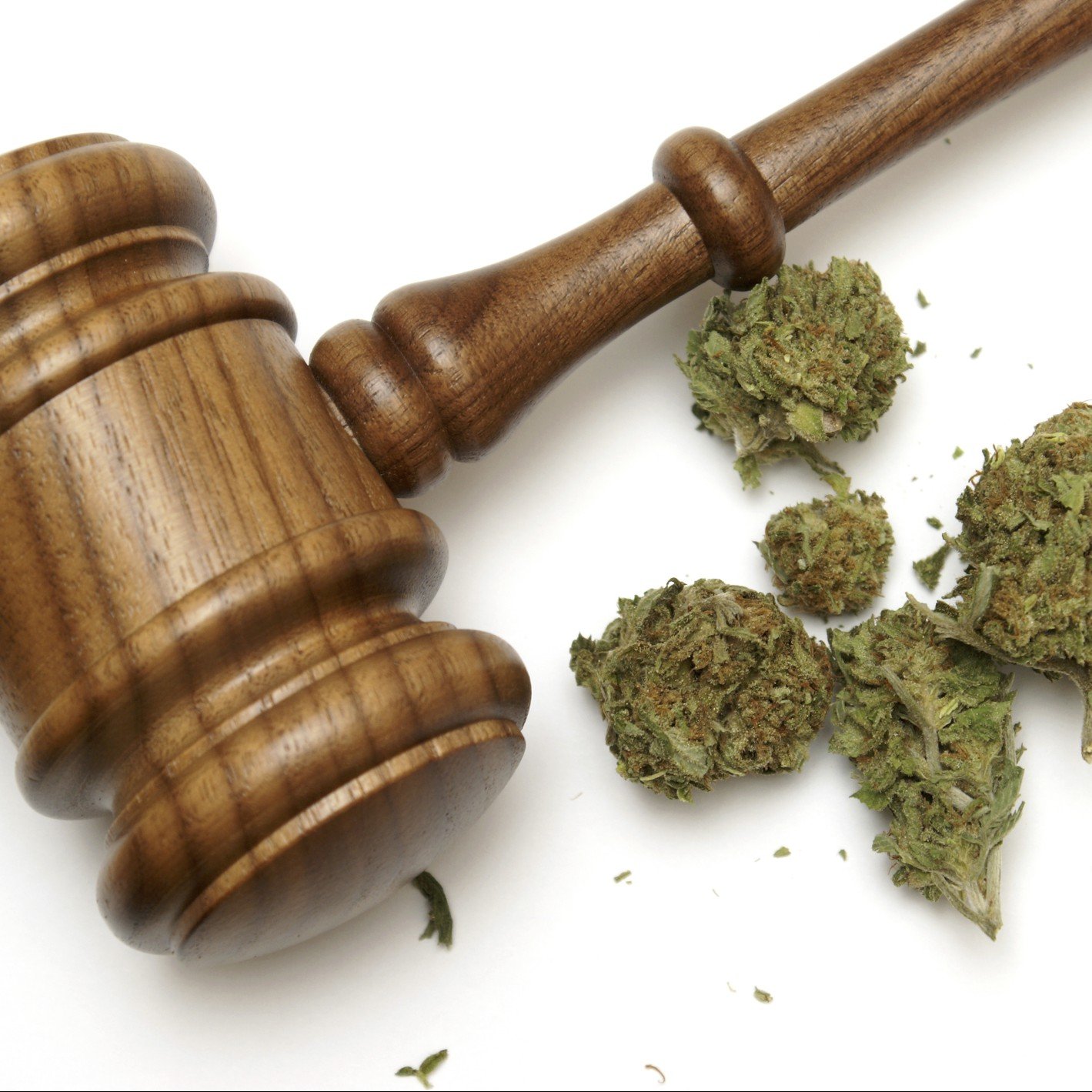
Governor Tom Wolf will sign legislation Sunday creating a medical marijuana program in Pennsylvania, now the 24th state in the U.S. to legalize medical marijuana. The measure was finally passed by the state legislature on Wednesday and the governor, who has been pushing for passage, is wasting no time signing it.
Under the law, cannabis can be used to treat 17 qualified conditions, including “intractable” pain. The law does not allow the use of smokable marijuana, opting instead for a number of pills, oils, tinctures, and liquids (for vaporizers). Home cultivation is not allowed.
The state expects to take at least 18 months to set up its program to dispense medical marijuana. Doctors who want to recommend marijuana as a treatment will have to attend a state-approved training program. The law allows the state to license up to 25 growers and processors and up to 50 dispensaries and no dispensary can have more than 3 locations. Home cultivation is not allowed.
Here are excerpts from other recent cannabis-related news stories.
Jamaica May Axe Queen Elizabeth II as Head of State and Legalize Marijuana
Jamaica is still part of the Commonwealth, but may be dropping the Queen as Head of State this week and make the island a Republic. While they are at it, they will legalize marijuana, too.
If this does go ahead, it will be on the 90th birthday of Queen Elizabeth II on April 21.
Reportedly the Governor-General of Jamaica, Sir Patrick Allen, has announced plans to make a constitutional amendment which would in effect replace Queen Elizabeth II with a president. Allen has already put forward a plan for the constitution amendment.
Jamaica remains in the Commonwealth, despite the fact that the country declared independence back in 1962. The role of the British monarchy in local affairs was carried over in the country’s constitution when independence was gained from Great Britain.
While the role of the Queen has been largely ceremonial, this hasn’t stopped critics in the country demanding over the years that action be taken to replace the British monarchy in island affairs.
Read more at Inquisitr.
More and More Doctors Want To Make Marijuana Legal
A group of more than 50 physicians, including a former surgeon general and faculty members at some of the nation’s leading medical schools, has formed the first national organization of doctors to call on states and the federal government to legalize and regulate the use of marijuana in the interest of public health.
The group — which is announcing its formation Monday, under the name Doctors for Cannabis Regulation (DFCR) — is endorsing the legalization of marijuana for adult recreational use, a break from the position of the American Medical Association, the largest organization of doctors in the country. DFCR argues that the prohibition and criminalization of marijuana use does more harm to the public than good. Citing hundreds of thousands of annual marijuana arrests, racial and economic disparities in marijuana enforcement, and the role of prohibition in keeping marijuana prices high and lucrative to violent drug dealers, the physicians say that creating a legal and regulated marijuana market is the best way to ensure public safety, combat the illicit drug trade and roll back the negative consequences of strict enforcement policies on disadvantaged communities.
The emergence of the group comes at a crucial moment in the national debate over marijuana legalization. More than 60 percent of the public now says that it supports marijuana legalization. Support for allowing medical use of marijuana with doctors’ supervision is closer to 90 percent. Over 35 million Americans use marijuana recreationally each year, according to the latest federal statistics. Research organizations, medical groups and even many national lawmakers have called on federal authorities to revisit policies toward marijuana that have remained essentially unchanged for nearly 50 years.
Read more at The Washington Post.
Why the CARERS Act Is So Significant for Marijuana Policy Reform
In March 2015, an odd trio of U.S. Senators assembled to announce the introduction of marijuana reform legislation. Cory Booker, a liberal Democrat from New Jersey; Kirsten Gillibrand, a more moderate Democrat from New York; and Rand Paul, a libertarian leaning Republican from Kentucky introduced the CARERS Act. The Compassionate Access, Research Expansion, and Respect States Act seeks significant reforms in marijuana policy in the United States.
Many people have not heard of the CARERS Act, nor are they familiar with the policy problems it seeks to rectify. However, the law would affect policy for the more than 149 million Americans who live in the 23 states and the District of Columbia that allow medical marijuana. (That number rises to about 163 million Americans when Pennsylvania approves medical marijuana, as is expected in the coming months.) So, what does this somewhat anonymous legislation seek to do and what would it mean for state policy toward medical marijuana?
The CARERS Act is not the first piece of Senate legislation involving marijuana reform. In fact, legislative proposals on marijuana decriminalization date back to the 1970s. However, many of the marijuana reform bills in Congress have been filed in the House.
CARERS, as its name implies, addressed policy challenges in a variety of areas, involving a variety of stakeholders. It seeks to protect patient access in states with existing medical marijuana programs from federal intervention. The current state of policy offers patient protection through an informal agreement with the Obama administration. CARERS codifies the collection of Justice Department memos that currently duct tapes together federal marijuana policy.
Read more at The Brookings Institution.
Medical Marijuana Designed for Instagram; What About LSD?
A marijuana study by Aizman Law Firm rated US cities that have the most marijuana Instagram posts. The hashtags examined in the study for Instagram photos were #weed, #marijuana, #420, and #maryjane. The Aizman Law Firm study found a few interesting details regarding the top 10 cities. All located in various corners of the country. But what about LSD? Could there be an LSD Instagram study worth doing? Despite the drugs illegal status.
Interestingly, marijuana free Denver was ranked lower than New York. New York placed 2nd with Denver taking the #3 spot. This could be the result of a population difference. Yet other cities ranked in the study are also surprising. California had three cities placing in the Instagram study. Los Angeles was #1 to no one’s surprise. The other two California cities include #5 San Francisco, and #9 San Diego. Portland, Oregon was ranked #4, Edgewater, New Jersey #6, Spring Valley, Texas #7, Seattle, Washington #8, and Glendale, Arizona was ranked last at #10.
Read more at Clapway.
Essential Tips for Investing: Sponsored
A financial advisor can help you understand the advantages and disadvantages of investment properties. Finding a qualified financial advisor doesn’t have to be hard. SmartAsset’s free tool matches you with up to three financial advisors who serve your area, and you can interview your advisor matches at no cost to decide which one is right for you. If you’re ready to find an advisor who can help you achieve your financial goals, get started now.
Investing in real estate can diversify your portfolio. But expanding your horizons may add additional costs. If you’re an investor looking to minimize expenses, consider checking out online brokerages. They often offer low investment fees, helping you maximize your profit.
Thank you for reading! Have some feedback for us?
Contact the 24/7 Wall St. editorial team.
 24/7 Wall St.
24/7 Wall St.


